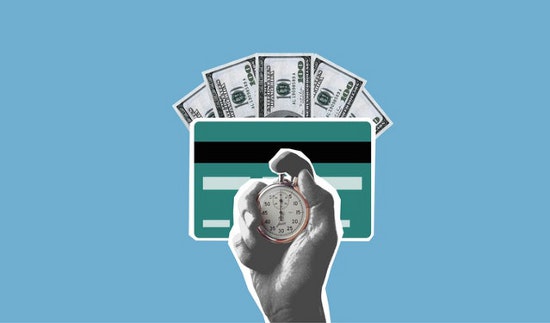Are you creating a financial plan for your finances? You already know how important it is to have a financial plan so you can plan and establish long-term savings goals. But what’s a “personal” financial plan? Simply, it’s a way to map out your financial goals for the future. Here’s how you can create a financial plan.

Create a budget
Start by figuring out exactly where you stand financially. Like most people, you have a vague idea of how much money is coming in and going out each month. But suppose this is your first time creating a personal financial plan. In that case, you need to create a monthly budget that details all of the money coming into your household – including income from any side jobs you may have – and all the money going out, including any savings goals and debt payments. This will help you figure out which bills you can reduce or eliminate and in what order.
Set savings goals
Next, it’s vital to set up long-term saving goals. The easiest way to do this is to set aside a percentage of each paycheck that you want to save. This money can be used for any long-term financial goal you have in mind, such as starting a business, investing in property, and traveling the world. Setting up a specific amount of money you want to save each month can progress toward your financial goals much quicker.
Make an investment plan
You may also want to set up a specific plan for investing in stocks or mutual funds. While you don’t need to become a Wall Street expert, it’s helpful to understand how investing works and what type of investments you might want to start with. If you’re no expert yourself, use the Internet by reading financial blogs or websites like this one. This helps write a financial plan as well as in helping you to track your investments and make sure you’re receiving the highest returns.
Manage debt
It would be best if you took some time to establish a debt-reduction plan. One common method is to use this as an opportunity to cancel some types of debts. If you’re paying for a luxury item you no longer need, consider canceling the membership and putting the money towards debt payments instead. Or, if your credit cards are charging more than 18 percent interest, consider canceling or getting rid of them altogether. You can do even better by paying off your debts on time each month. A quick internet search for debt solutions in Grande Prairie or near you can help connect you with experts who can assist with your debt management.
Plan for taxes
It’s also essential to plan for taxes. That doesn’t mean you have to become an expert. Instead, figure out what type of taxes you need to pay and estimate how much you’ll have to pay each year. This helps in financial planning and also helps you to keep track of upcoming expenses and potential changes in your financial situation.
Plan for retirement
Though it might be a long way off, it’s essential to plan for retirement. It’s still helpful to understand how retirement funds work and how much you need to live comfortably for the rest of your life. And if you’re not already getting a pension or another kind of income from an employer, start doing some research into setting up simple investment plans that will help you save for your future.
Get the right insurance cover
It would help if you also took some time to research the types of insurance you need. Depending on your financial situation and situation, you may find it helpful to have life insurance, health insurance, or a range of other types of coverage. For example, having life insurance can help your family make payments after you pass away if you have outstanding debt.
Start an emergency fund
Start by setting up an emergency fund. Depending on your financial situation, you may want to have between three and six months’ worth of living expenses saved up in case of emergencies. It’s also good to keep savings set aside for other potential concerns.
Conclusion
Creating a personal financial plan is a great way to start making progress toward your financial goals. As you can see, there are plenty of benefits to taking the time to do it. By heeding the advice above, you’ll be well on your way to building a solid and reliable financial plan.
